Kazumasa Sakai, the father of Jin Sakai, was a powerful yet controversial figure in the history of Tsushima and Iki Island. His legacy, shrouded in both honor and brutality, plays a pivotal role in shaping Jin’s journey throughout Ghost of Tsushima and its Iki Island expansion. While Jin initially views his father as a noble warrior who upheld the samurai code, his journey across Iki forces him to confront uncomfortable truths about the man he once idolized.
1. The Rise of Kazumasa Sakai
As a high-ranking samurai and the head of Clan Sakai, Kazumasa commanded great respect across Tsushima. He was known for his unwavering commitment to Bushido, the way of the warrior, which demanded honor, discipline, and loyalty. His leadership and combat prowess earned him a reputation as a fearsome warrior who protected Tsushima from threats, both internal and external.
Kazumasa’s influence extended beyond the shores of Tsushima. During a turbulent period, Iki Island was a lawless territory ruled by raiders and outlaws. The Shogunate sought to bring the island under control, and Kazumasa was tasked with leading an invasion to reclaim it. This campaign, however, would mark a turning point in his legacy.
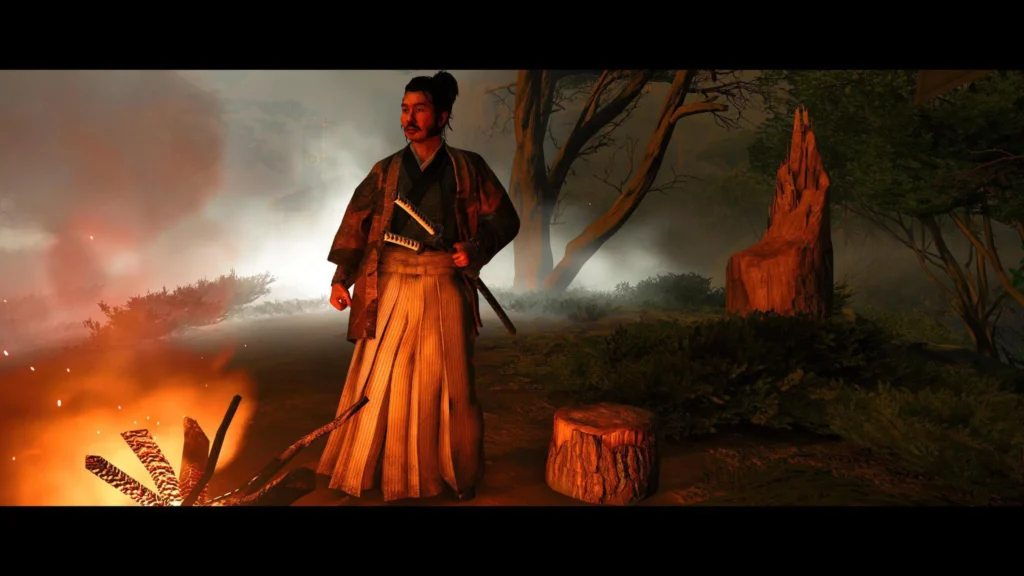
2. The Iki Island Campaign
Kazumasa Sakai’s campaign on Iki Island was meant to restore order and bring the island under samurai rule. However, the mission was fraught with difficulties from the beginning. The people of Iki, known for their fierce independence, saw the samurai as invaders rather than liberators. What was meant to be a noble conquest quickly descended into a bloody war that left scars on both sides.
To suppress resistance, Kazumasa resorted to harsh tactics, executing prisoners and burning villages suspected of harboring raiders. He viewed these actions as necessary evils, believing that only through absolute control could peace be restored. However, his brutality alienated the local population, who came to see him as a tyrant rather than a protector.
This campaign also had personal consequences for Kazumasa. His young son, Jin, was brought along to witness his father’s military prowess and learn the ways of the samurai. However, instead of inspiration, the experience left Jin traumatized. He witnessed the suffering of the islanders, the merciless discipline of the samurai, and most importantly, the downfall of his father.
3. The Fall of Kazumasa Sakai
Kazumasa’s campaign ended in disaster. The raiders of Iki, under the leadership of a cunning warlord, launched a counterattack that caught the samurai off guard. Trapped and outnumbered, Kazumasa and his men made a desperate stand. In the final battle, Jin, still a child, watched as his father was surrounded and struck down by the raiders.
For Jin, this moment was more than just the death of his father—it was the death of his belief in samurai invincibility. Kazumasa’s downfall revealed the vulnerability of the warrior code, showing that even the most disciplined samurai could be overwhelmed by unpredictable enemies. This traumatic event left an indelible mark on Jin’s psyche, shaping his eventual evolution into the Ghost.
4. The Shadow of Kazumasa’s Actions
Decades after his death, Kazumasa’s actions continued to haunt Iki Island. The people had not forgotten the brutality of the samurai invasion, and his name remained a symbol of oppression and suffering. When Jin returned to the island years later to battle the Mongol threat, he found himself unwelcome. The locals recognized him as the son of the “tyrant” and refused to trust him.
Throughout his journey on Iki, Jin uncovered more details about his father’s campaign. He met survivors who shared their painful memories, revealing aspects of Kazumasa that Jin had never known. The idealized image of a noble warrior was shattered, replaced by a more complex and morally ambiguous figure.
These revelations forced Jin to confront his own identity. Could he truly follow the same code as his father? Or was the samurai way too rigid to adapt to the changing world? Through these struggles, Jin began to forge his own path, blending the discipline of the samurai with the cunning of the Ghost.

5. The Duality of Kazumasa’s Legacy
Kazumasa Sakai’s legacy is one of duality—he was both a protector and a conqueror, a hero and a villain. To the people of Tsushima, he was a noble warrior who gave his life in battle. To the people of Iki, he was a ruthless oppressor who brought suffering to their land.
For Jin, his father’s legacy was a constant source of conflict. He admired his father’s strength and dedication but could not ignore the pain he caused. Ultimately, Jin’s journey on Iki Island was about breaking free from his father’s shadow. By choosing to act with compassion rather than cruelty, Jin proved that he was not bound to the mistakes of the past.
Kazumasa’s story serves as a cautionary tale about the dangers of blind adherence to tradition. His failure was not just a military one, but a moral one. He believed that brute force and unwavering discipline would lead to victory, but in the end, it led to his downfall.
6. The Lasting Impact on Jin and Tsushima
By the end of his journey on Iki, Jin came to terms with his father’s actions. Instead of seeking redemption for his father, he chose to carve out his own destiny. He rejected the extremes of both the samurai and the Ghost, embracing a path that balanced honor with pragmatism.
Back in Tsushima, Kazumasa’s name remained a symbol of the old ways. The samurai still revered him, while the people who suffered under his rule had not forgotten. However, through Jin’s actions, a new legacy began to take shape—one that valued justice over blind loyalty.
In many ways, Kazumasa’s legacy lived on through his son. While Jin did not follow in his father’s footsteps entirely, he learned valuable lessons from his failures. By embracing change, Jin ensured that the mistakes of the past would not be repeated, securing a future that was shaped by understanding rather than conquest.
Conclusion: A Warrior Remembered
Kazumasa Sakai’s legacy is a complex one, defined by both greatness and tragedy. He was a samurai of immense skill and discipline, but his rigid adherence to the code ultimately led to his demise. His story is a testament to the evolving nature of honor and duty, serving as a mirror to Jin’s own journey.
While history may remember Kazumasa as a warrior who fell in battle, his true legacy lies in the lessons learned by those who came after him. Through Jin’s journey, players of Ghost of Tsushima are given a deeper understanding of the cost of war, the weight of legacy, and the importance of forging one’s own path.
Kazumasa Sakai may have died on the battlefield, but his shadow loomed large over Tsushima and Iki for years to come. In the end, it was his son who truly defined what it meant to carry the Sakai name, not by following the past, but by learning from it.

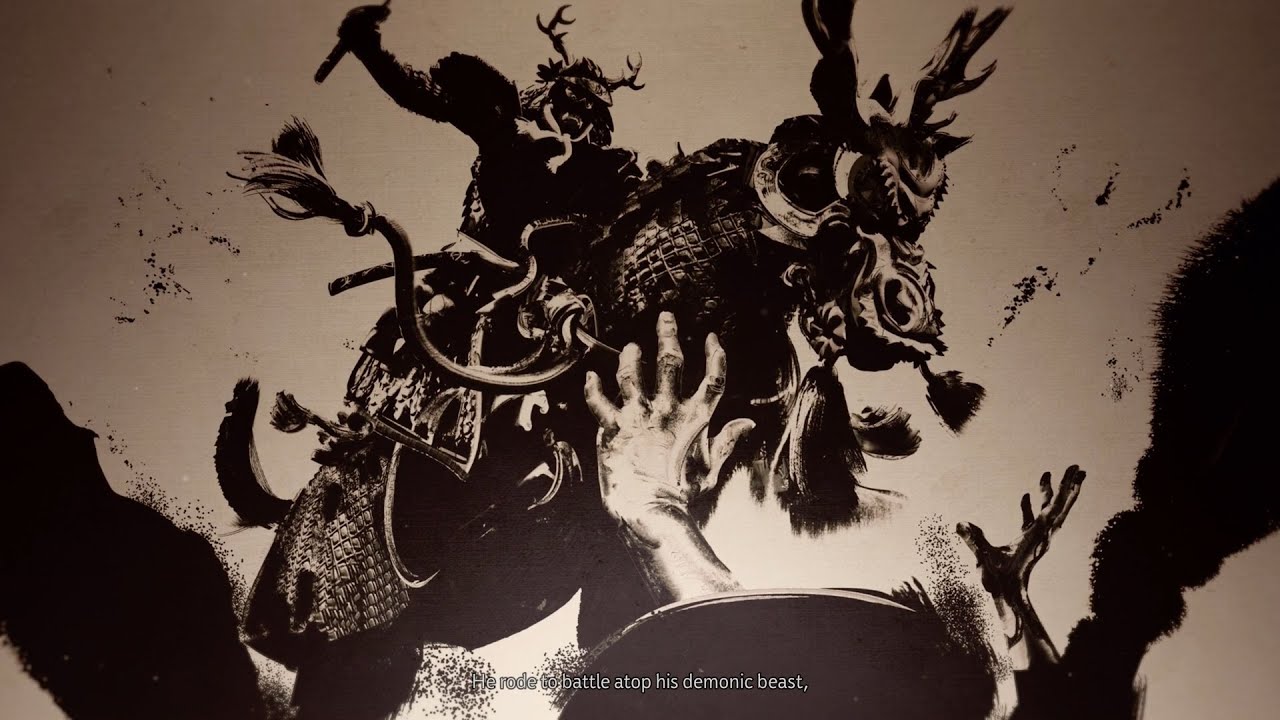


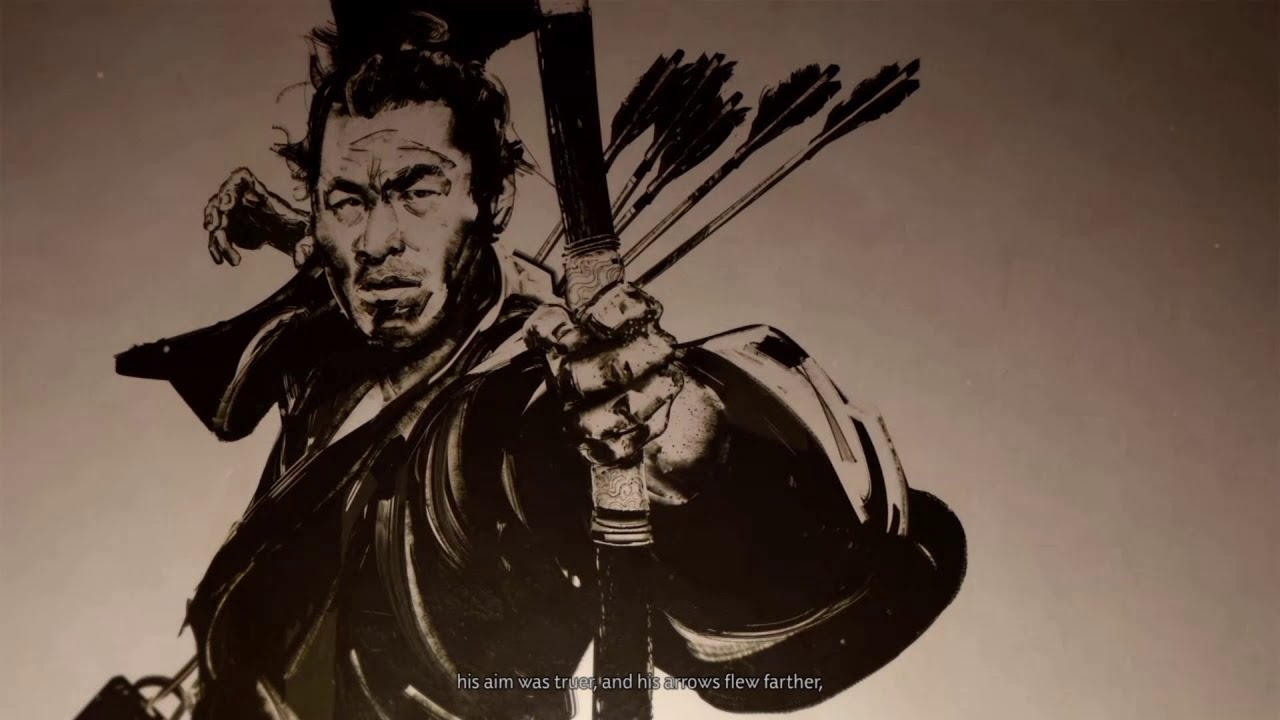
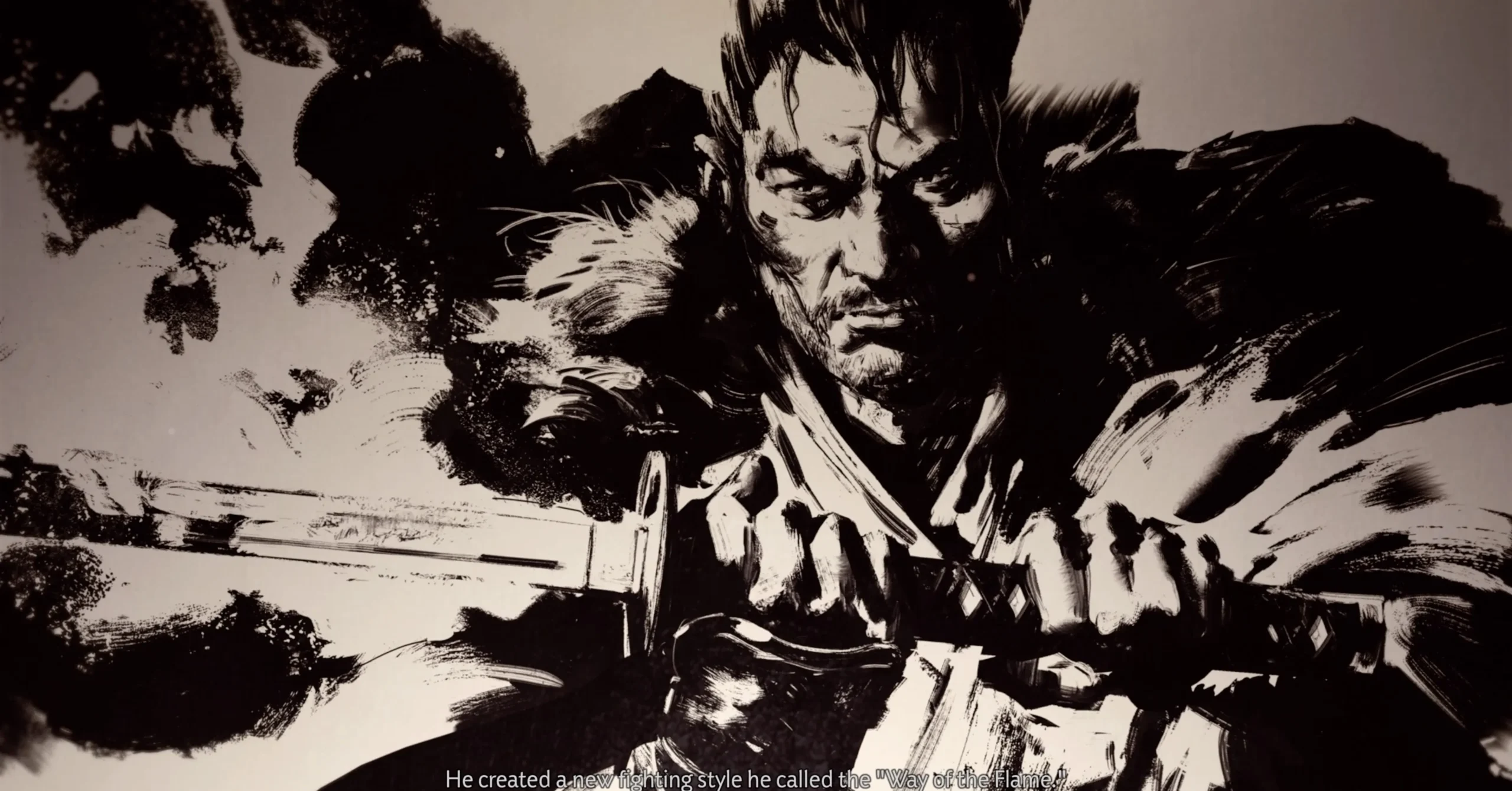
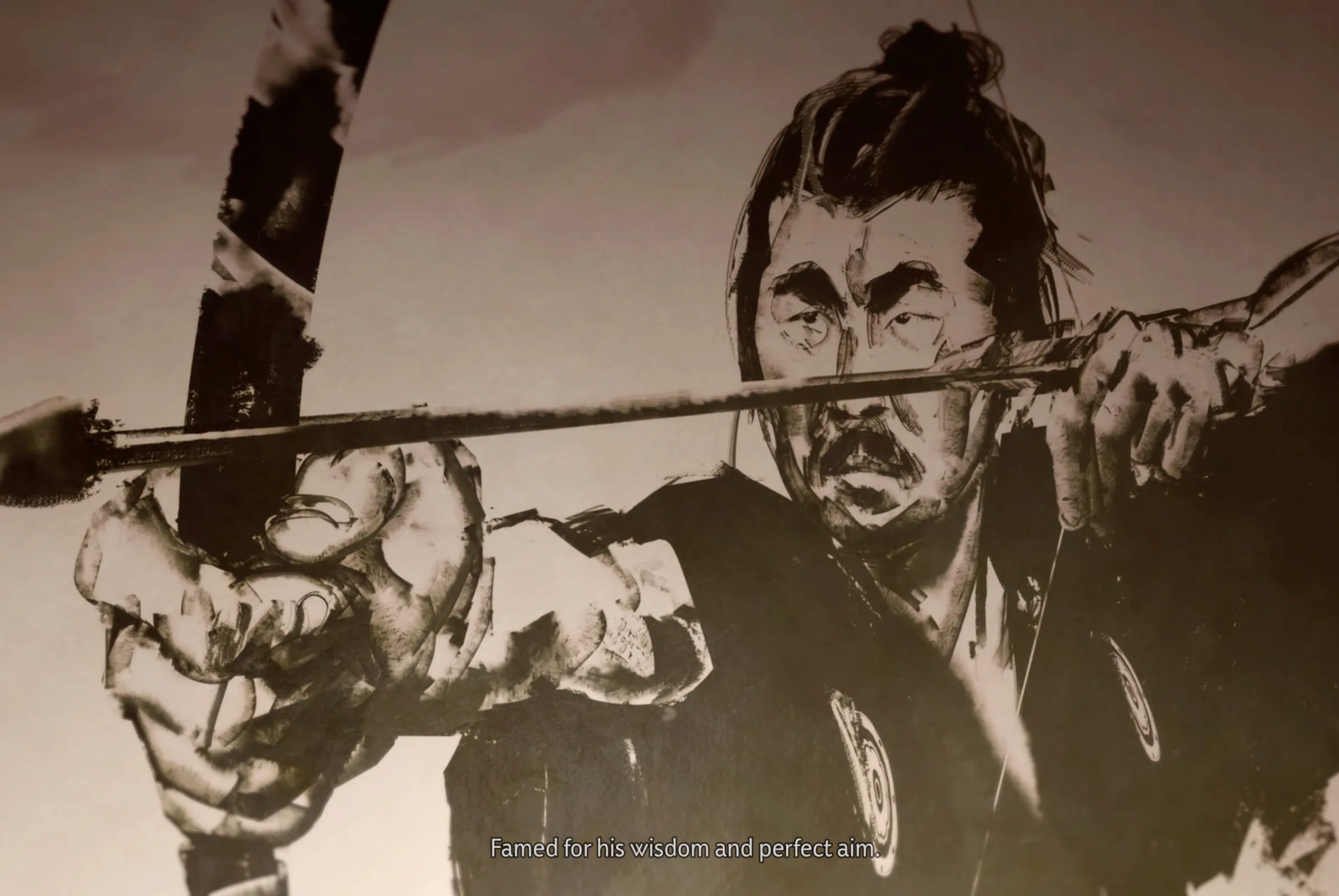
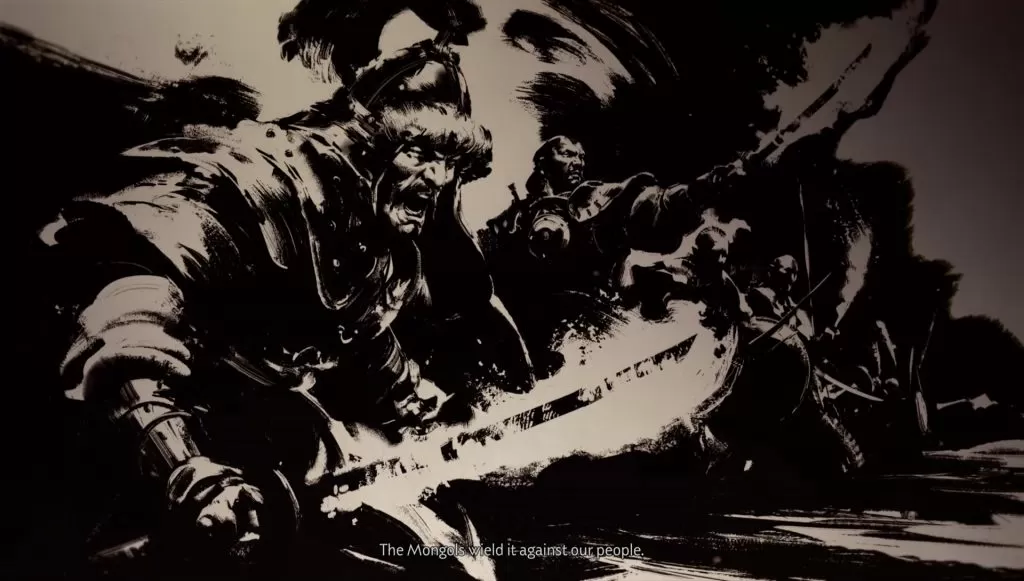

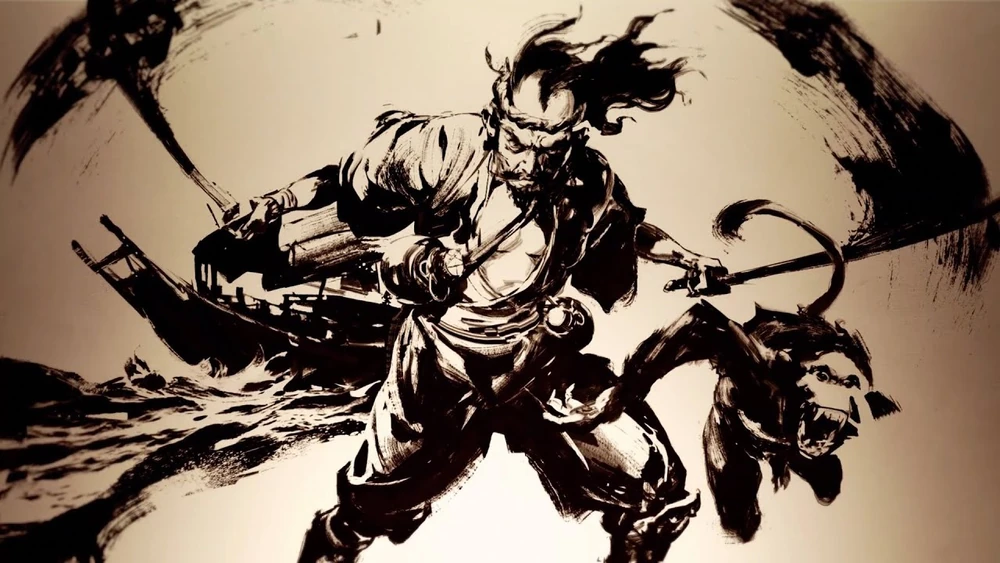


Leave a Reply